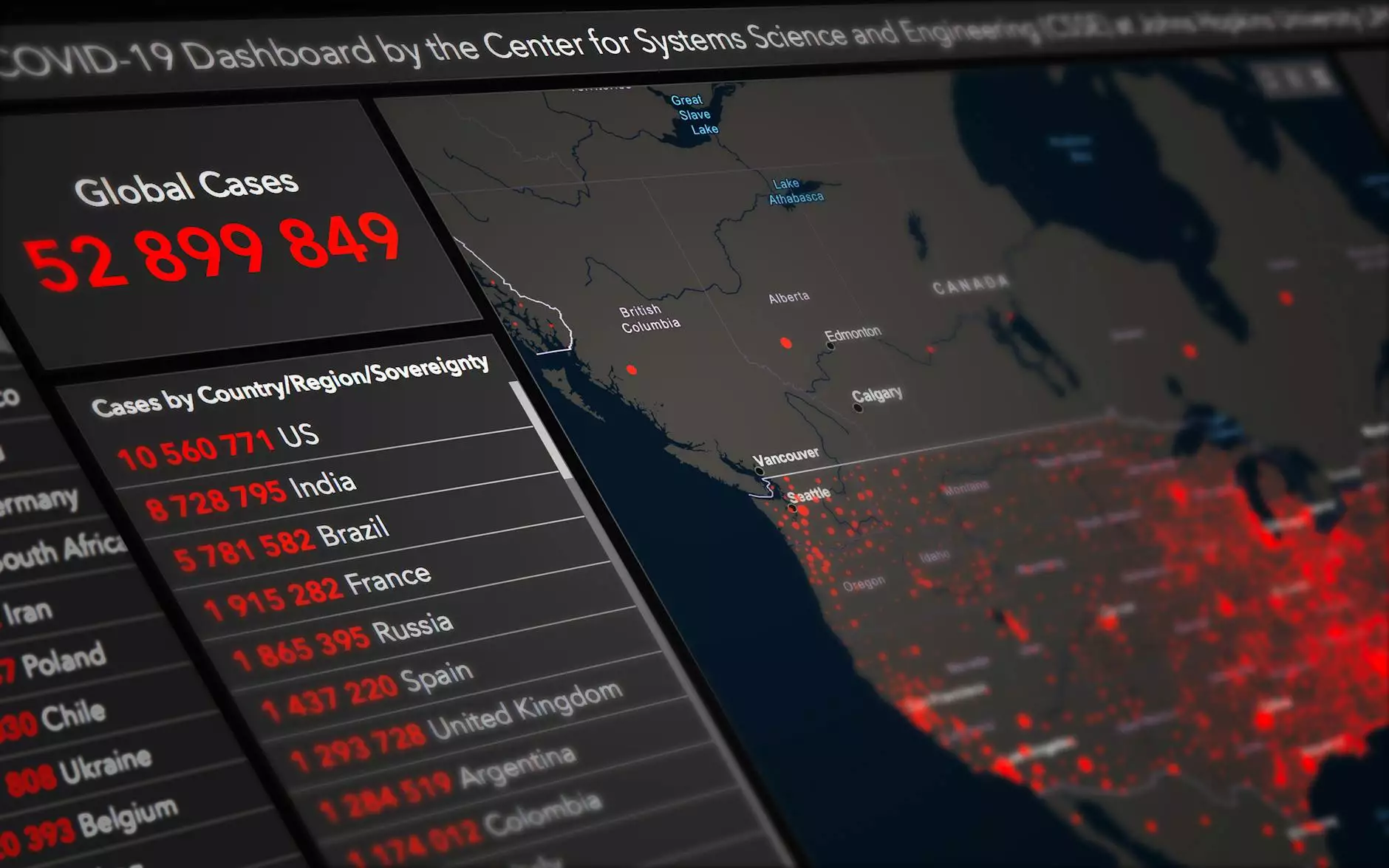Where PTSD and Eating Disorders Meet

Introduction
Welcome to "Naturally with Karen" where we explore the intricate connections between post-traumatic stress disorder (PTSD) and eating disorders. Our mission is to provide you with a comprehensive understanding of these co-occurring conditions, helping you navigate the challenges they present and find effective ways to manage and overcome them. In this guide, we delve deep into the intersection of PTSD and eating disorders, offering insights, support, and resources to empower you on your journey towards healing.
The Relationship between PTSD and Eating Disorders
PTSD and eating disorders are two complex mental health conditions that often intertwine, affecting individuals physically, emotionally, and psychologically. Understanding the connection between these two disorders is essential for effective treatment and recovery.
PTSD: An Overview
Post-traumatic stress disorder (PTSD) is a psychiatric disorder that can develop after a person experiences or witnesses a traumatic event. These events may include but are not limited to, physical or sexual assault, natural disasters, accidents, military combat, or any other life-threatening situation. Individuals with PTSD often experience intrusive memories, flashbacks, nightmares, and heightened anxiety, which can significantly impact their daily lives.
Eating Disorders: An Overview
Eating disorders encompass a range of conditions characterized by severe disturbances in eating behavior, body image concerns, and weight management issues. Common types of eating disorders include anorexia nervosa, bulimia nervosa, and binge eating disorders. These disorders often stem from a variety of complex factors, including genetic, psychological, and sociocultural influences, as well as traumatic experiences.
The Intersection: Contributing Factors and Commonalities
Numerous studies have revealed a strong correlation between PTSD and eating disorders, suggesting that individuals with PTSD have a higher risk of developing disordered eating patterns. Traumatic experiences can disrupt individuals' relationship with food, leading to the development of unhealthy coping mechanisms, distorted body image, and unbalanced eating habits.
One of the shared experiences between PTSD and eating disorders is the overwhelming desire to regain control. Individuals with PTSD may utilize strict dietary control or engage in binge eating as a means of finding respite from the distressing symptoms associated with their trauma. Similarly, individuals with eating disorders may use disordered eating behaviors as a coping mechanism to numb their emotional pain or regain a sense of control in their lives.
The Impact of PTSD on Eating Disorders
PTSD can significantly impact the development, severity, and treatment outcomes of eating disorders. Trauma-related symptoms, such as hypervigilance, intrusive thoughts, and emotional numbing, can exacerbate disordered eating behaviors. Furthermore, the distress and dysregulation caused by PTSD can make it challenging to adhere to a structured eating plan, hindering individuals' recovery from an eating disorder.
Common Trauma Themes and Disordered Eating
Certain trauma themes and experiences are particularly associated with specific eating disorder behaviors. For example, individuals who have experienced sexual trauma may be at a higher risk of developing bulimia nervosa or binge eating disorder. In contrast, those who have experienced persistent feelings of powerlessness or control may be more susceptible to developing anorexia nervosa.
Treatment Approaches
Effective treatment for individuals with co-occurring PTSD and eating disorders requires a comprehensive, integrated approach that addresses the complex interplay between these two conditions. Successful treatment often involves therapy modalities such as cognitive-behavioral therapy (CBT), dialectical behavior therapy (DBT), and eye movement desensitization and reprocessing (EMDR).
Therapeutic Techniques for Healing
Therapists specializing in the treatment of PTSD and eating disorders may employ several evidence-based techniques to promote healing and recovery. These techniques can include exposure therapy, which helps individuals confront and process traumatic memories safely. Additionally, mindfulness practices, such as meditation and yoga, can aid in reducing stress levels and developing a healthier relationship with food.
Seeking Support and Resources
If you or a loved one are struggling with PTSD and an eating disorder, it is essential to seek professional help and support. At "Naturally with Karen," we provide a safe space for individuals to connect, share experiences, and gain valuable insights on their journey towards healing. Remember, you are not alone, and with the right support and treatment, recovery is possible.
Support Groups and Online Communities
Engaging with supportive communities and joining peer-led support groups can provide solace and encouragement to individuals navigating the complexities of co-occurring PTSD and eating disorders. Online platforms offer a convenient and accessible avenue for connecting with others who understand and share similar experiences.
Additional Resources
To further assist you on your path to recovery, we have compiled a list of trusted resources, including books, websites, helplines, and treatment centers specializing in PTSD and eating disorder support. These resources aim to provide information, guidance, and professional assistance to individuals seeking help.
Conclusion
The intersection of PTSD and eating disorders is a complex and challenging area to navigate, but with the right support, resources, and treatment, recovery is attainable. By understanding the contributing factors, impact, and treatment approaches, individuals can take proactive steps towards healing and reclaiming their lives. At "Naturally with Karen," we are committed to providing you with the knowledge and support necessary to overcome the obstacles associated with PTSD and eating disorders. Together, we can explore new pathways towards holistic wellness and a brighter future.










